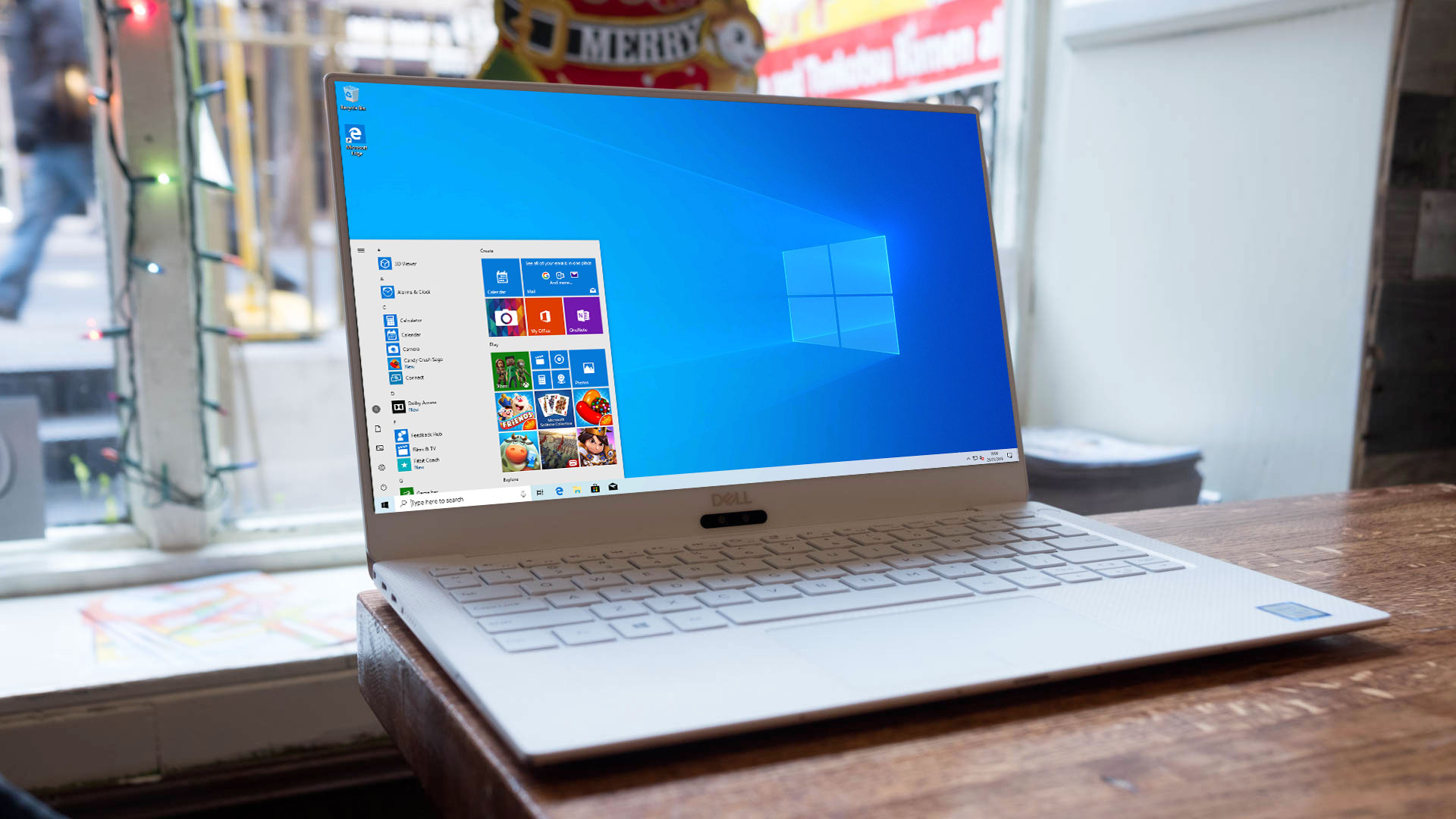Windows 10 search fix will stop it sometimes hogging disk or CPU resources
Latest preview version continues work to cure the sluggishness experienced by some users

The latest preview version of Windows 10 has benefited from improvements which continue work to fix problems with excessive disk and processor usage caused by Windows Search, which some users have been experiencing in the past.
This comes courtesy of preview build 19025, which is for the update due to land in the first half of next year (20H1), and has just been released to testers in the fast ring – and it’s the only real noteworthy element of this build (although there are also some other minor bug fixes, as ever).
- These are all the Windows 10 features Microsoft is going to kill off
- Buy Windows 10: the cheapest prices in November 2019
- We solve 100 common Windows 10 problems
The issue with search can actually be traced back all the way to July 2018, when Microsoft first posted about a thorny issue with search functionality which was causing Windows 10 testers to turn it off.
So last summer, Microsoft kicked off a three-month survey to find out why people were disabling the search indexer (the engine that drives Windows Search, pre-cataloguing information to make for speedier searching).
Microsoft notes it discovered that the main reasons by far were “excessive disk usage” and “performance issues”, along with a perceived lack of value. “Excessive CPU usage” was also mentioned as the sixth most bothersome problem.
Throttling back
And so Microsoft introduced a new algorithm to detect excessive disk usage and other performance issues, and if found, Windows 10 was given the ability to throttle (or indeed completely stop) any search indexing activity to prevent such slowdowns from occurring.
This algorithm has been developed down the line, and Microsoft says it has been continuing to work on curing these performance issues while developing the Windows 10 update for 20H1.
Sign up for breaking news, reviews, opinion, top tech deals, and more.
In a blog post for the new build 19025, Microsoft notes: “Based on [feedback from May 2019 Update testers], we’re introducing an algorithm that detects high disk usage and activity, so it can better identify peak usage times and manage the indexer accordingly. We’re also making changes for developers to prevent searches of certain repositories and project folders to improve disk usage.”
It sounds like this is very much an ongoing process, but the end goal is that any such performance problems will hopefully all be banished with the Windows 10 update for the first half of 2020.
Remember that this 20H1 update is expected to be finalized as soon as next month, so anyone still suffering at the hands of Windows Search induced sluggishness on their PC could get a remedy very soon (which doesn’t involve turning off the indexer). Indeed, there are even some whispers that 20H1 could be deployed as soon as January 2020.
Meanwhile, Microsoft also observes that it continues to improve Windows 10 search in other ways, to boost the overall perception of the service (tackling that perceived lack of value bugbear), with measures including Enhanced search mode.
And some nifty further measures are planned to make Windows Search more intelligent in the 20H1 update as we’ve seen previously.
- Some of the best laptops of 2019 run Windows 10
Darren is a freelancer writing news and features for TechRadar (and occasionally T3) across a broad range of computing topics including CPUs, GPUs, various other hardware, VPNs, antivirus and more. He has written about tech for the best part of three decades, and writes books in his spare time (his debut novel - 'I Know What You Did Last Supper' - was published by Hachette UK in 2013).